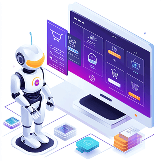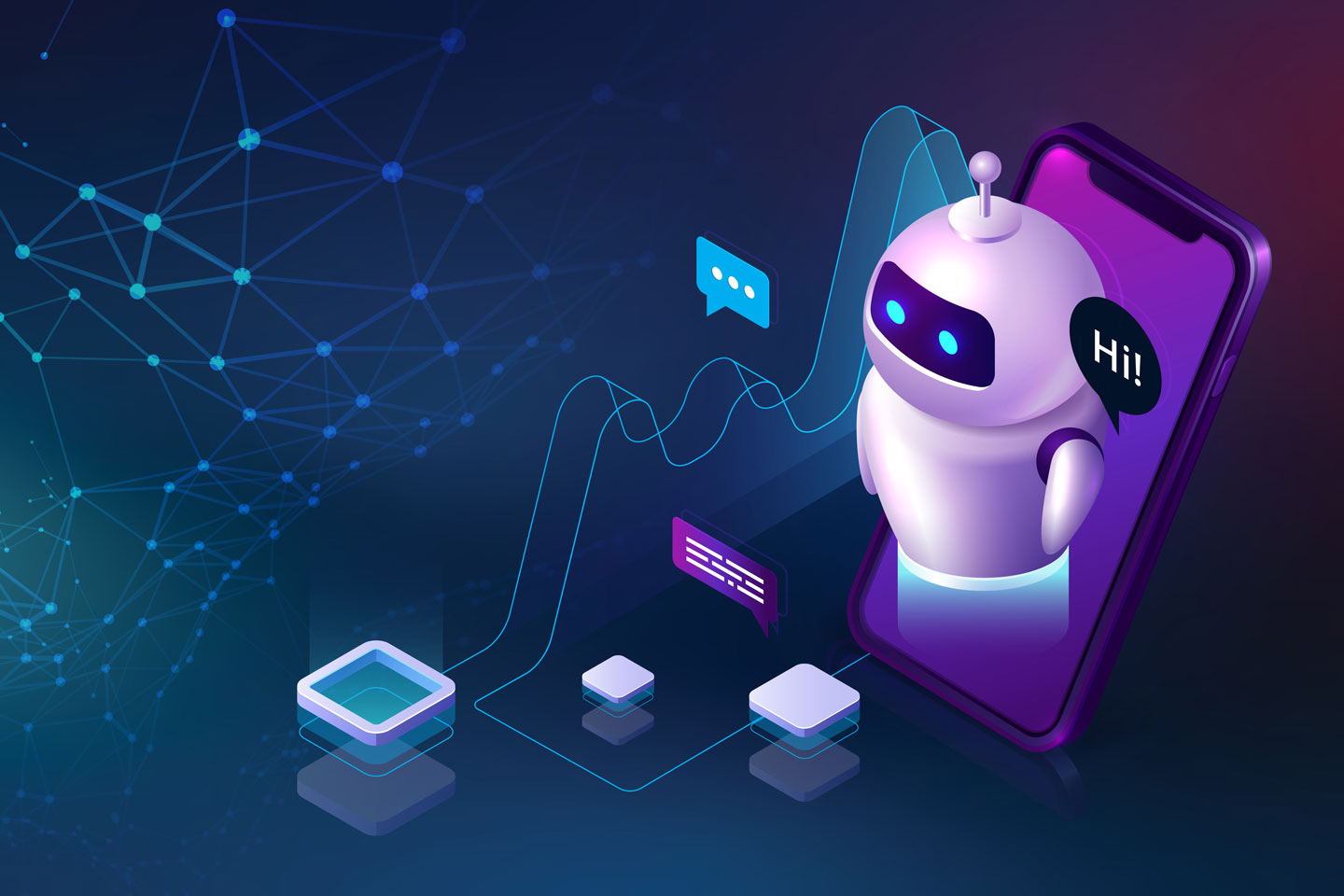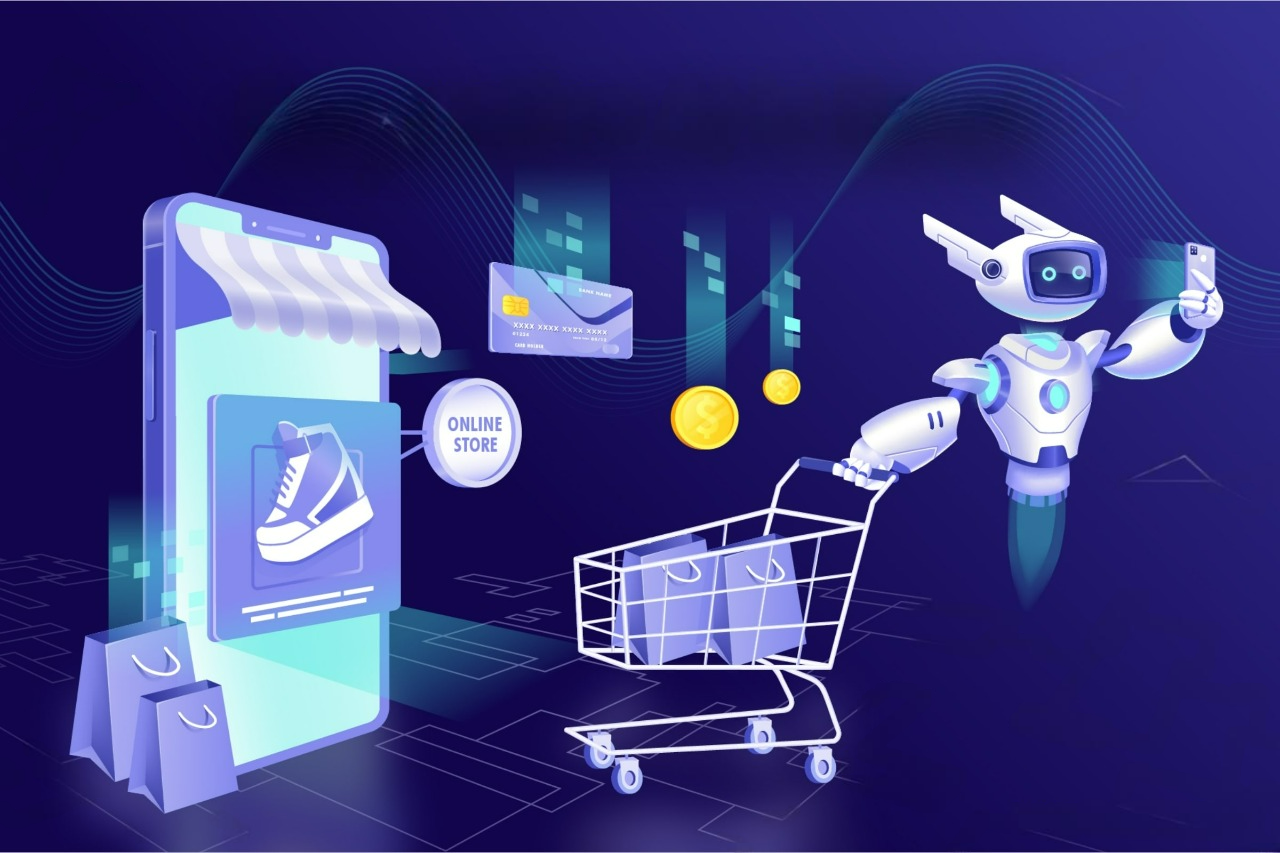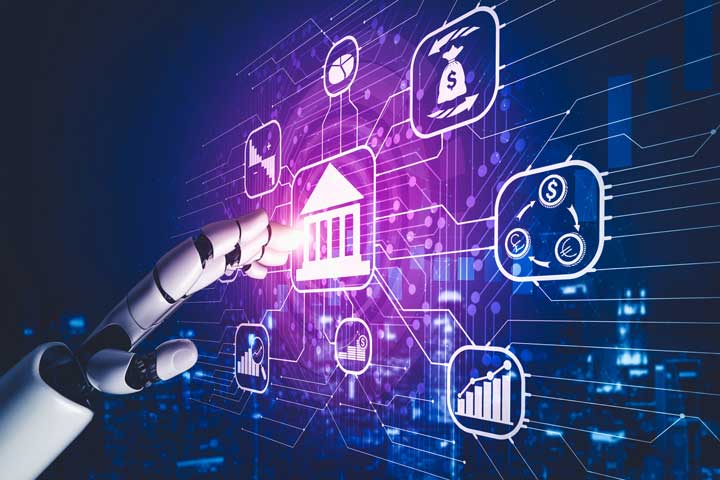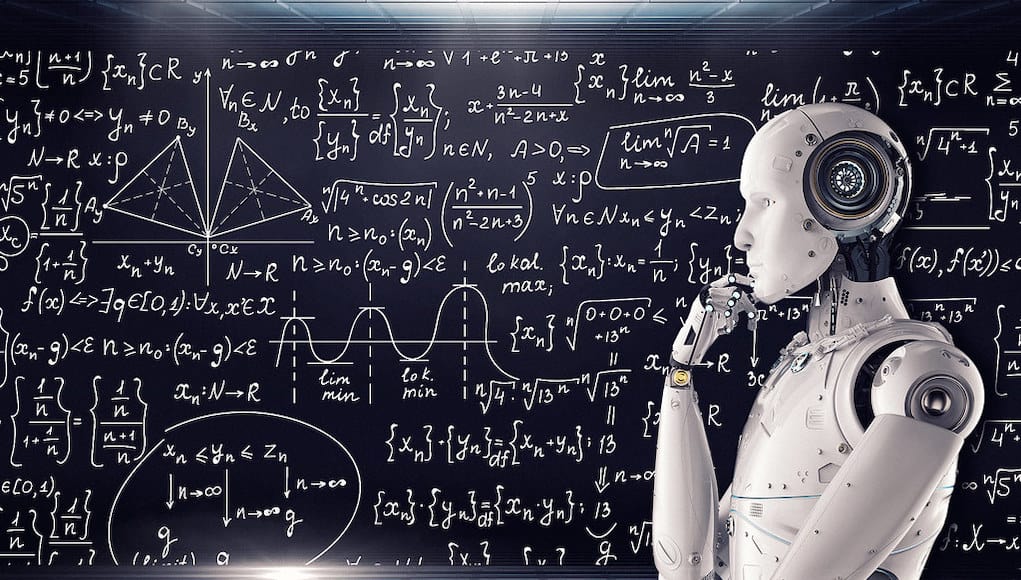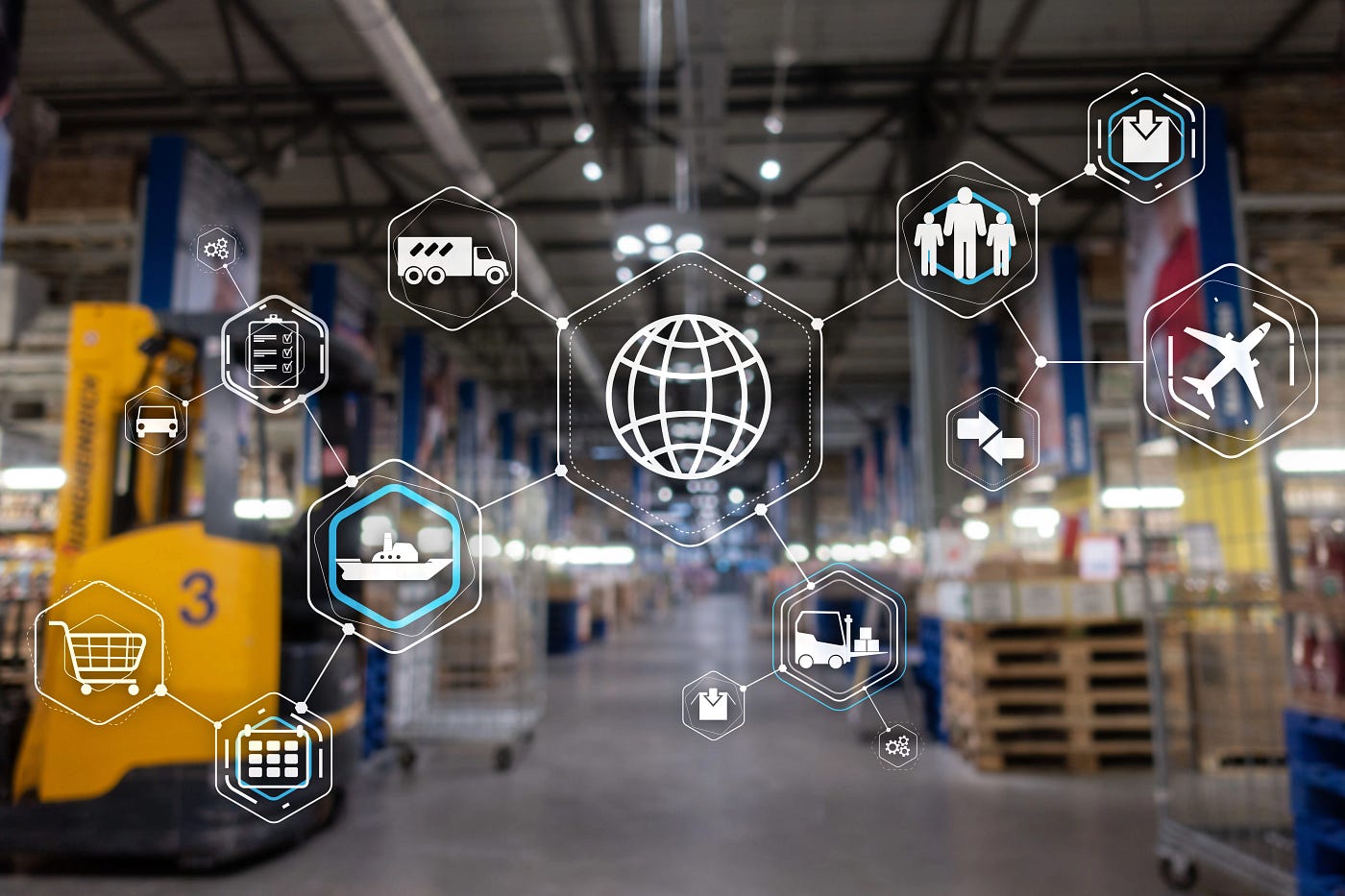Introduction
The manufacturing industry is embracing Artificial Intelligence (AI) to enhance production efficiency, quality control, predictive maintenance, and supply chain optimization. AI-powered automation is reducing costs, minimizing downtime, and improving overall productivity, making manufacturing smarter and more competitive.
In this post, we explore how AI is revolutionizing manufacturing, the key applications, and how businesses can leverage AI-driven solutions.
Key AI Applications in Manufacturing
1. Predictive Maintenance with AI
AI helps manufacturers predict equipment failures before they happen, reducing downtime and maintenance costs.
✔ AI-powered sensors collect real-time machine performance data.
✔ Machine learning algorithms detect anomalies and predict potential breakdowns.
✔ Maintenance teams receive alerts before failures occur, avoiding unplanned downtime.
🔹 Example: Siemens uses AI-driven predictive maintenance to reduce machine failures by 30%, saving millions in operational costs.
2. AI-Powered Quality Control & Defect Detection
Traditional quality control methods rely on manual inspections, which can miss defects. AI improves quality assurance by:
✔ Using computer vision to detect defects in real time.
✔ Analyzing production patterns to identify inconsistencies.
✔ Ensuring product uniformity with AI-powered automation.
🔹 Example: General Electric (GE) uses AI-based quality control to detect product defects with 99% accuracy, reducing waste and recalls.
3. AI in Supply Chain Optimization
AI enhances supply chain management by optimizing logistics, inventory, and demand forecasting.
✔ AI predicts demand fluctuations to adjust production schedules.
✔ Automated inventory management prevents overstocking or shortages.
✔ AI-powered route optimization reduces delivery costs and delays.
🔹 Example: BMW uses AI to optimize its global supply chain, reducing lead times and operational costs.
4. AI-Powered Robotics & Automation
AI-driven robots and cobots (collaborative robots) are enhancing assembly lines, packaging, and logistics.
✔ AI-powered robots work alongside humans to improve efficiency.
✔ Automated assembly lines reduce errors and increase output.
✔ AI-driven warehouses optimize picking, packing, and shipping processes.
🔹 Example: Tesla’s Gigafactories use AI-powered robotics to streamline electric vehicle (EV) production, improving efficiency and scalability.
5. AI in Energy Management & Sustainability
AI helps manufacturers optimize energy consumption, reducing costs and environmental impact.
✔ AI monitors energy usage to minimize waste.
✔ Smart grids optimize power distribution for factories.
✔ AI-driven sustainability initiatives lower carbon footprints.
🔹 Example: Schneider Electric uses AI to reduce energy consumption by 30% in manufacturing plants.
Benefits of AI in Manufacturing
✅ Reduced Downtime – Predictive maintenance prevents machine failures.
✅ Improved Product Quality – AI-powered quality control detects defects with high accuracy.
✅ Lower Costs – AI-driven automation reduces labor and operational expenses.
✅ Optimized Supply Chain – AI enhances inventory management and logistics.
✅ Higher Efficiency – AI-powered robotics improve production speed and consistency.
Challenges of AI in Manufacturing
🔸 High Initial Investment: AI implementation requires significant upfront costs.
🔸 Integration with Legacy Systems: Many factories struggle to adopt AI due to outdated infrastructure.
🔸 Skilled Workforce Requirement: AI-driven manufacturing needs trained employees to manage AI systems.
🔸 Data Security Risks: AI relies on large datasets, requiring robust cybersecurity measures.
The Future of AI in Manufacturing
🚀 AI-Powered Smart Factories – Fully automated, AI-driven factories will become the norm.
🚀 Human-Robot Collaboration – Cobots will enhance worker safety and productivity.
🚀 AI-Driven 3D Printing – AI will optimize additive manufacturing processes.
🚀 Autonomous Logistics – AI-powered drones and self-driving trucks will streamline supply chains.
Conclusion
AI is redefining the manufacturing industry, making production smarter, faster, and more efficient. Companies that embrace AI-driven automation will gain a competitive advantage, reduce operational costs, and improve product quality.
Want to integrate AI into your manufacturing processes? Contact us to explore AI-powered solutions!

